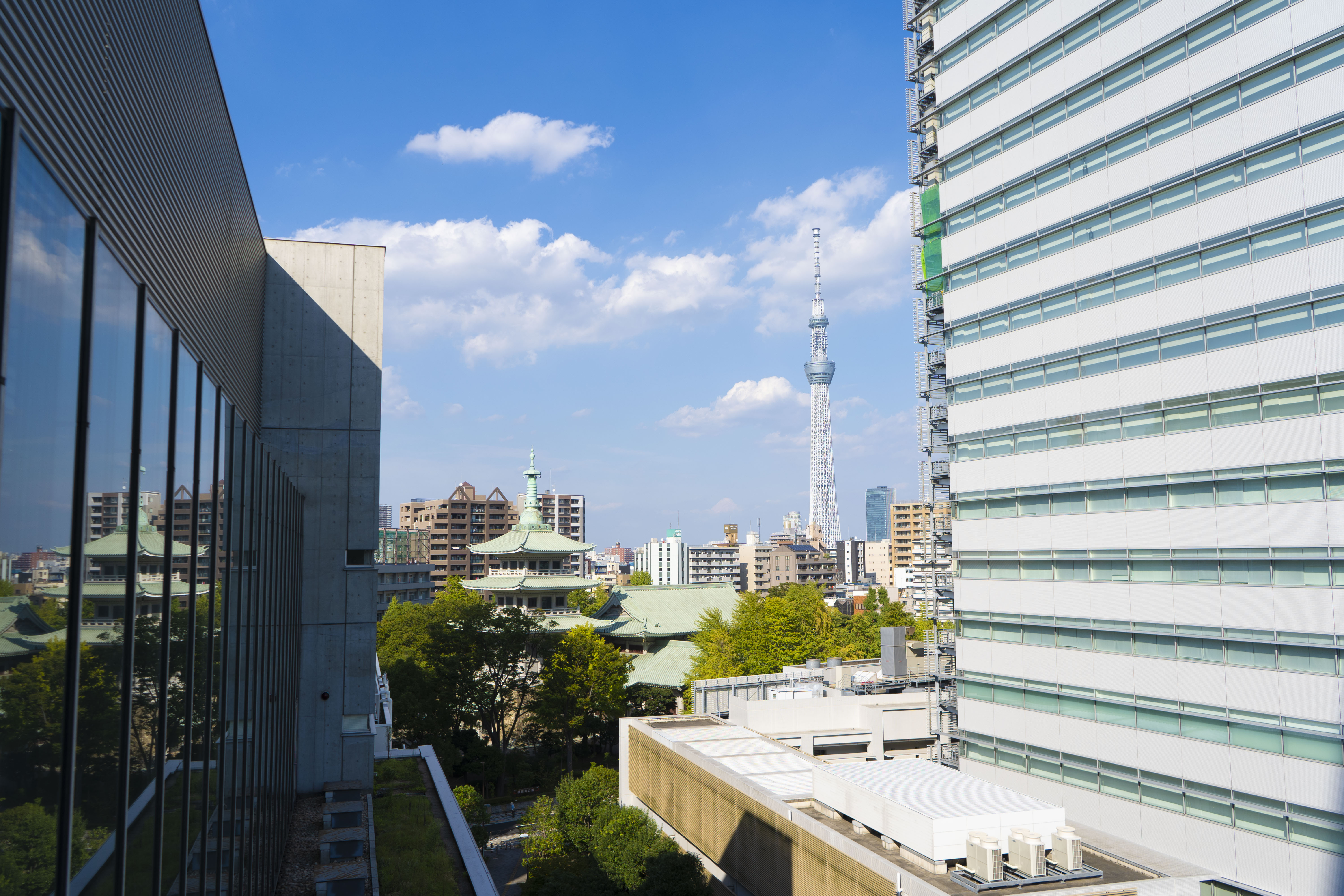LUJ to Host 11th Annual Conference on Global Higher Education
On June 7, LUJ will hold its 11th Annual Conference on Global Higher Education (CGHE). Organized by LUJ Professor Roger Grabowski, the day-long conference gives independent scholars and professors an opportunity to present their academic research. This year's theme, Shelter from the Storm, will be expressed in a broad range of morning and afternoon presentations.
For the schedule of presenters, please check out the conference website here.
One of the presenters will be Kyushu University Professor Christopher G. Haswell. Dr. Haswell will give attendees a new way of engaging with podcasts, his presentation titled "Podcasting and materials development: how academic interviews can be transformed into academic projects."
Dr. Haswell, in addition to his teaching duties, has kept a long running podcast, Lost in Citations, going since early 2020, when it was launched during the beginning throes of the COVID-19 pandemic.
Before the CGHE starts this Saturday, we chatted with Dr. Haswell about his podcast and continuing research.
With your Lost in Citations podcast, you've been in that space for quite some time (congrats on what is currently 179 completed podcasts!). What initially inspired you to launch a podcast centered on academic and creative expression?
It was initially Jonathan Schacter's idea. He contacted me as the second interviewee and then asked if I wanted to come on board as a co-producer of content. We took it in turns, week by week, to contact and interview interesting subjects. At the time, most people could not go to their universities because of COVID; they certainly couldn't attend any conferences because there weren't any.
Educators and academics love to meet, talk, and share ideas, and the concept of Lost in Citations filled that space in our lives for a certain amount of time. Once the quarantine was lifted, we had enough of a catalog on our website to appear legitimate to future interviewees (like 'Come on, everyone else is doing it'). Recruitment has remained steady for the last five years, and we have grown the options for listeners to find something that interests them.
At Lakeland's CGHE, you'll be presenting on how podcast interviews can be applied to academic projects. In the description, you mention that this would 'fill a niche in produced materials.' Could you tell us more about that?
High-level, academic-grade teaching and learning materials are rare, and those that are free and Creative Commons are basically non-existent. The interviews themselves may be interesting to people with a background in the field and advanced listening skills in English but would be inaccessible to most students and learners without significant support.
Transcripts are helpful, but without direction on the content, learners would still struggle with the subject-specific vocabulary and the varieties of English used by our interviewees. Therefore, approaching podcasts as learning materials should be done with the materials being viewed holistically.
Do you have any other current projects going on at the moment that you could tell us about?
Authentic Academics' is my new project based on the podcast, basically covering all the points of materials development and learner support mentioned in the answer to the previous question. I've written a couple of textbooks in the past, so I know the task ahead of me, especially one that covers a canon of 180 interviews so far, with a new one being added every two weeks.
My other project is 'ELF Communication', which covers English as a Lingua Franca. It is basically Lost in Citation Lite, with one-hour interviews reduced to ten minutes, with only a few key questions and answers covered, and with transcript support. This project encourages students to notice the different varieties of English and the proficiency of users from around the world, despite English sometimes being their third or fourth language. I hope my enthusiasm for ELF will inspire students to use English for their own benefit, not just to pass courses or tests.
---
To pre-register for the CGHE, click here. On-site registration is also available. We hope to see you at the conference!
Follow LUJ on Instagram
